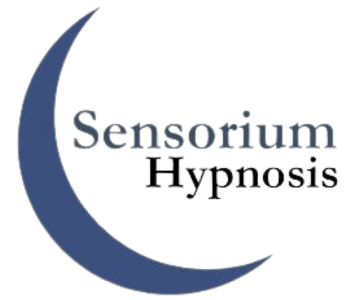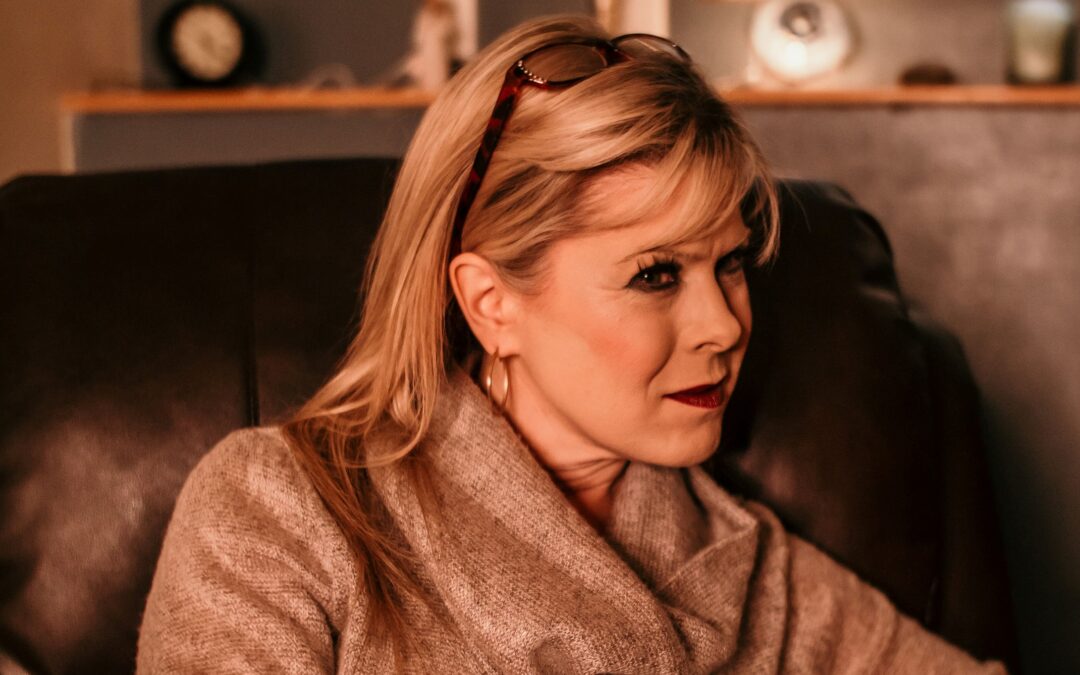There are so many ways childhood trauma can rear its ugly head, which if left unattended, can make adulthood very challenging and unstable. Of course, no two people with similar traumas will have the same symptoms or patterns and the level of interference it creates will depend on many other variables – from how proactive a person is with their own healing journey to how empowered they feel in creating more positive outcomes.
At times adult relationship dynamics mirror childhood familial patterns, particularly when one parent is irrational, explosive and demanding while the other is apologetic, self-deprecating, and overaccommodating. The outcome of growing up in this type of household often creates codependency in adulthood which stems from an emotional overreliance on others to feel secure. This lack of self-reliance and inner resources disrupts relationships because any attempt one’s partner makes to improve, grow, or find outside fulfillment is interpreted as a form of abandonment, betrayal, or rejection. And for the partner who is being pressured not to improve, grow, or find outside fulfillment, they will repeatedly face those very same fears and will have to adapt to an “all or nothing” approach to their relationship.
It is difficult for someone who is codependent to understand why their partner would need anything outside of their relationship. Manipulation, unfounded accusations, passive aggressive behavior or being emotionally inaccessible are just some examples of how a codependent person responds to their partner’s expression of independence. And whereas a person may initially placate their partner’s needs and demands, overtime it typically leads to feelings of resentment and isolation – or a feeling of as if their spirit is slowly dying.
Childhood poverty paired with abuse or neglect can create a conscious or subconscious need to seek out a financially secure partner as a priority. And if this need to overcompensate becomes such a strong agenda item, one may easily miss red flags and find him or herself in a relationship with a domineering or entitled partner where the balance of power is askew. I’ve seen many clients in my space, initially attracted to freedom they believe money represents, discover a life partner with whom they have little in common or who resents having to work on themselves or their marriage. And if the pendulum swings the other way, a person may set the relationship criteria bar so low simply to fulfill their own need for attention, affection, and companionship – and to avoid being alone.
How do these types of destructive relationship patterns fly under our radar? Because during our formative years, there is no healthy parent available to help the child identify, process and express feelings openly and productively, provide guidance in decision making or model healthy boundaries. Thus, the child has no reference point for interpreting and managing conflict – which later in life often creates emotional chaos in marriages, work environments, friendships, etc.
And why do survivors of childhood trauma stay in dishonoring, abusiveness or unfulfilling relationships or circumstances much longer than someone who is healthy? Moreover, why – in some cases – will they fail to see the tie in between their own addictions or health issues and their decisions to stay? Because they will either fail to establish boundaries, allow others to repeatedly push these boundaries or convince themselves that things aren’t that bad (this state of being is “familiar”). The moments they consider moving on are just fleeting because change is daunting, and the fear of being alone and solely responsible for their own outcomes provokes anxiety.
Is there hope of normalcy and stability for adults who grew up in dysfunction? Yes, but your answers won’t likely be found in a book – though books may shed some light on an issue. Nor will they be worked out in conversations – in fact, “talking things out” may even keep you stuck or make things worse. Most likely, the answers and more importantly, the solutions will be revealed in a structured setting where a trained practitioner can help you access the unconscious mind. This is where the faulty assumptions, conflicting rules and inconsistent thoughts, beliefs and attitudes dwell, fester and erupt into chaos. And this is where they can be challenged and replaced in a way that helps you reclaim your power.
Do you need help overcoming childhood trauma? Can you see unhealthy patterns in yourself, your life or relationships? Book a free consultation for Childhood Trauma Hypnotherapy here: Sensorium Hypnosis & Mediumship, LLC (timetap.com)
Are you struggling with your weight? Click here to learn more: WEIGHT GAIN, HOW TRAUMA, STRESS AND UNCONSCIOUS CONFLICTS ARE KEEPING YOU STUCK YouTube – YouTube
- Spirit-Assisted Dream Interpretation: Unlocking the Soul’s Messages Through Hypnotherapy & Higher Guidance - June 26, 2025
- Spiritual Hypnotherapy and the Shift from Religion to Soul-Centered Living - May 13, 2025
- The Spiritual Cost of Overconsumption: Why Simplicity Attracts True Abundance - May 11, 2025

